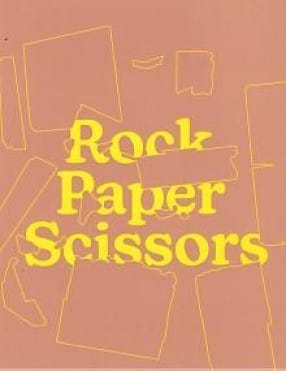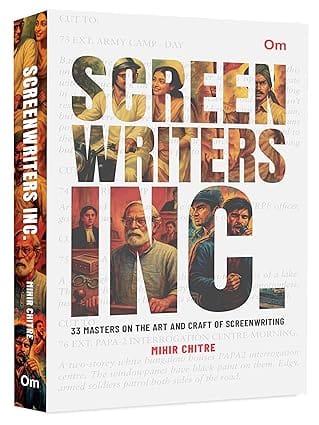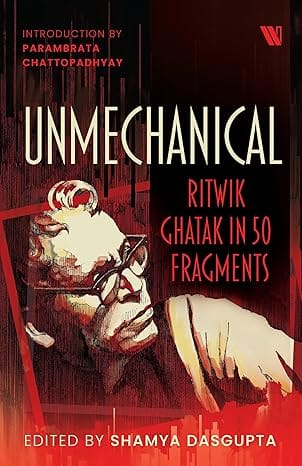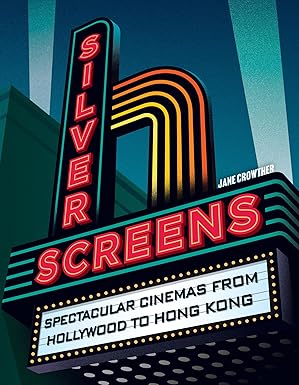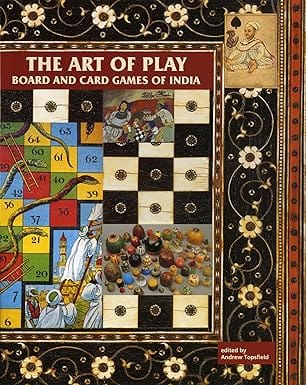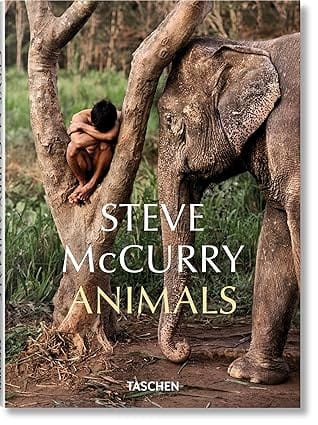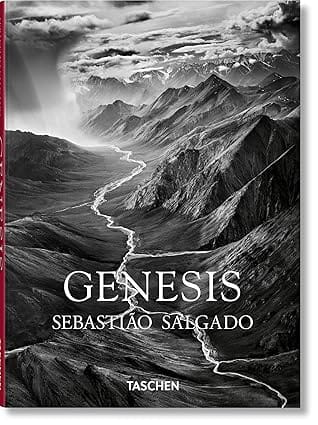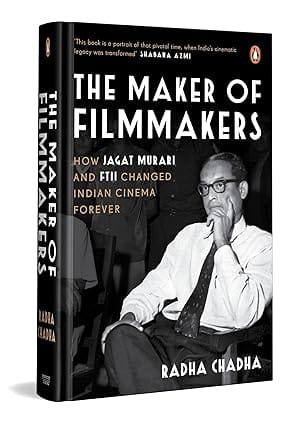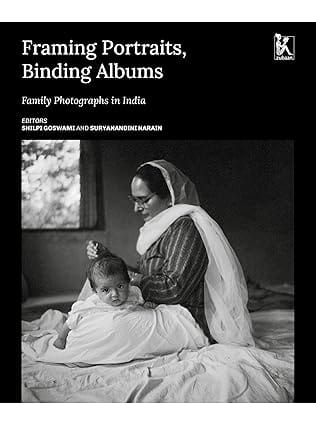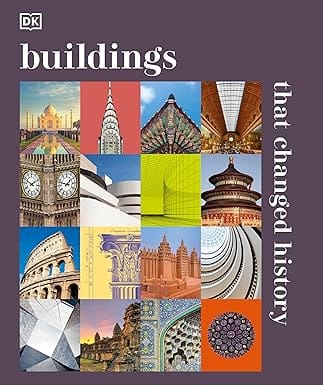- Non-ficton
- Non-ficton
- Contemporary Fiction
- Contemporary Fiction
- Children
- Children
- Comics & Graphic Novels
- Comics & Graphic Novels
- Non-Fiction
- Non-Fiction
- Fiction
- Fiction
Rock Paper Scissors is both archive and a response to the archive. Using documents, drawings, text and photographs, the book experiments with and speculates on questions around history - What is history? Who does it belong to? Who writes history and for whom? How messy was the reality of the Partition of Punjab (1947)? Was the Partition a patriarchal act? How can its madness be told? What form and language can unpack its severe complications, regrets, unanswerable questions and the vast unknowns?
Dramatised dialogues, fabulated letters and poetic responses weave in and out of the dates, numbers and characters in the documents, much like the silverfish metabolising the archive leaving gaps and memory holes in their tracks.
Moving through the book, you encounter paper tears and trails, a multi lingual ghost, bureaucrats in Safari Suits and voices that are as brittle as the paper you write on.
Rock Paper Scissors
SIZE GUIDE
- ISBN: 9789334054828
- Author: Priyanka Chaabra
- Publisher: Priyanka Chhabra
- Pages: 450
- Format: Paperback
Book Description
Rock Paper Scissors is both archive and a response to the archive. Using documents, drawings, text and photographs, the book experiments with and speculates on questions around history - What is history? Who does it belong to? Who writes history and for whom? How messy was the reality of the Partition of Punjab (1947)? Was the Partition a patriarchal act? How can its madness be told? What form and language can unpack its severe complications, regrets, unanswerable questions and the vast unknowns?
Dramatised dialogues, fabulated letters and poetic responses weave in and out of the dates, numbers and characters in the documents, much like the silverfish metabolising the archive leaving gaps and memory holes in their tracks.
Moving through the book, you encounter paper tears and trails, a multi lingual ghost, bureaucrats in Safari Suits and voices that are as brittle as the paper you write on.
User reviews
NEWSLETTER
Subscribe to get Email Updates!
Thanks for subscribing.
Your response has been recorded.

India's Iconic & Independent Book Store offering a vast selection of books across a variety of genres Since 1978.
"We Believe In The Power of Books" Our mission is to make books accessible to everyone, and to cultivate a culture of reading and learning. We strive to provide a wide range of books, from classic literature, sci-fi and fantasy, to graphic novels, biographies and self-help books, so that everyone can find something to read.
Whether you’re looking for your next great read, a gift for someone special, or just browsing, Midland is here to make your book-buying experience easy and enjoyable.
We are shipping pan India and across the world.
For Bulk Order / Corporate Gifting
 +91 9818282497 |
+91 9818282497 |  [email protected]
[email protected]
Click To Know More
INFORMATION
QUICK LINKS
ADDRESS
Shop No.20, Aurobindo Palace Market, Near Church, New Delhi

